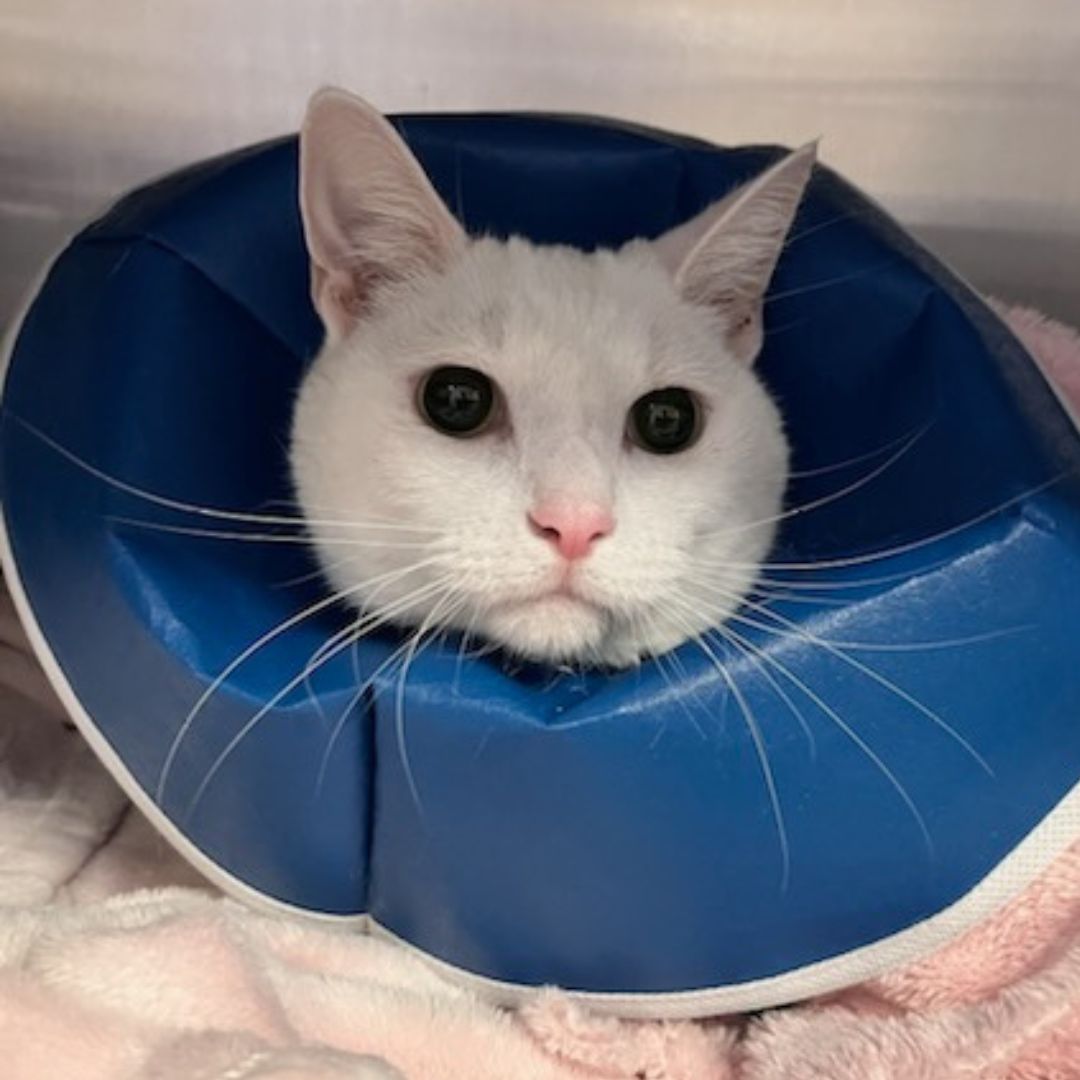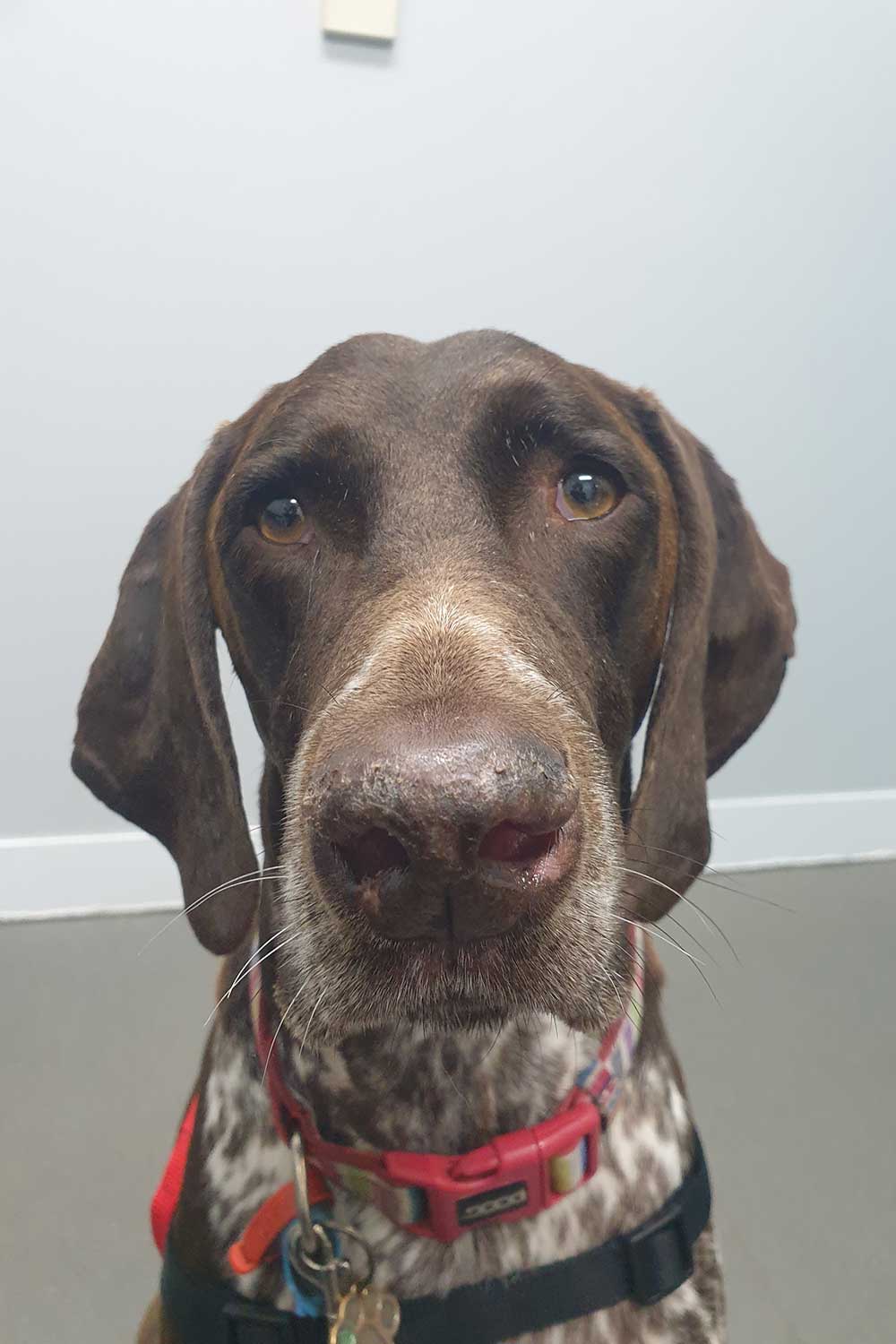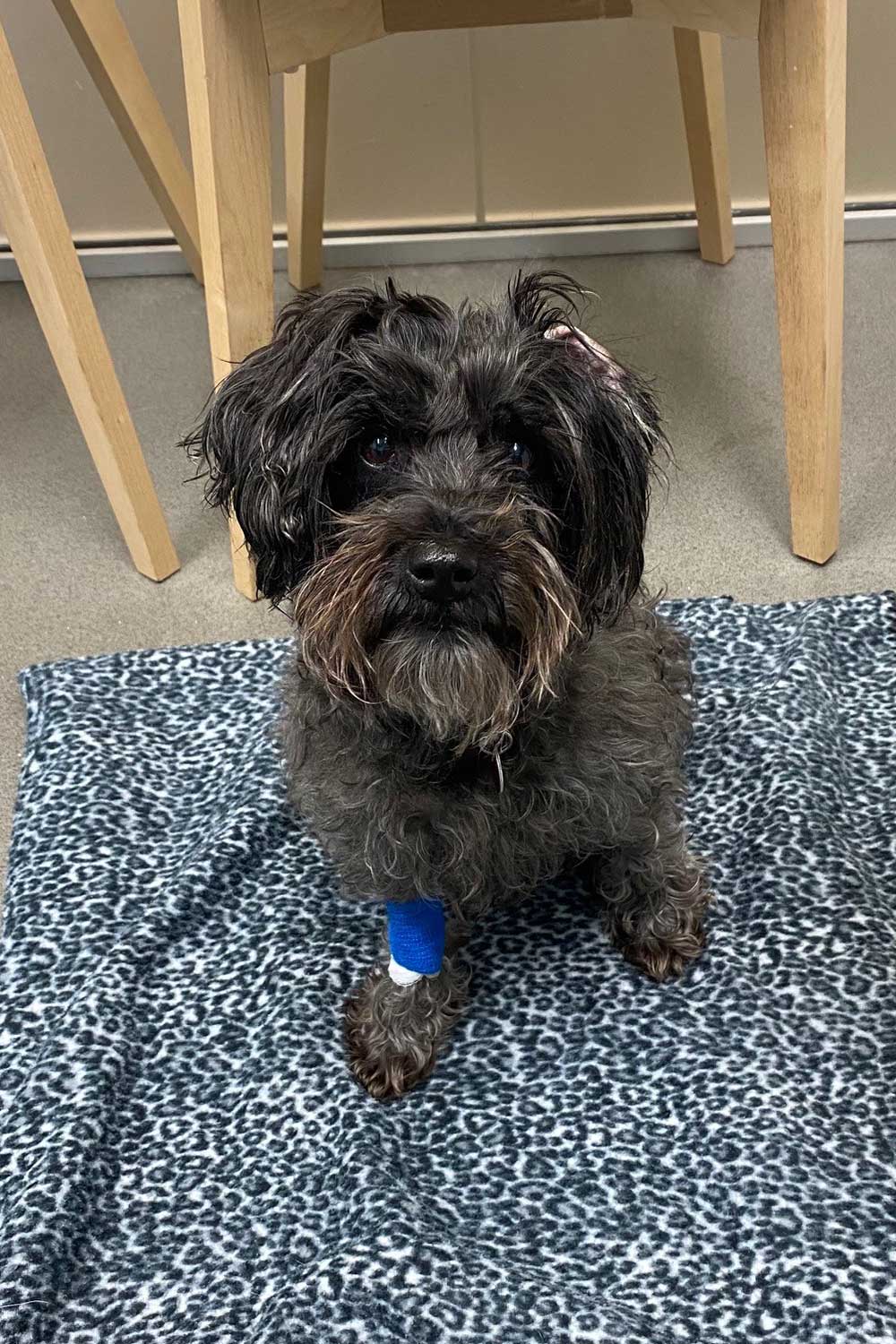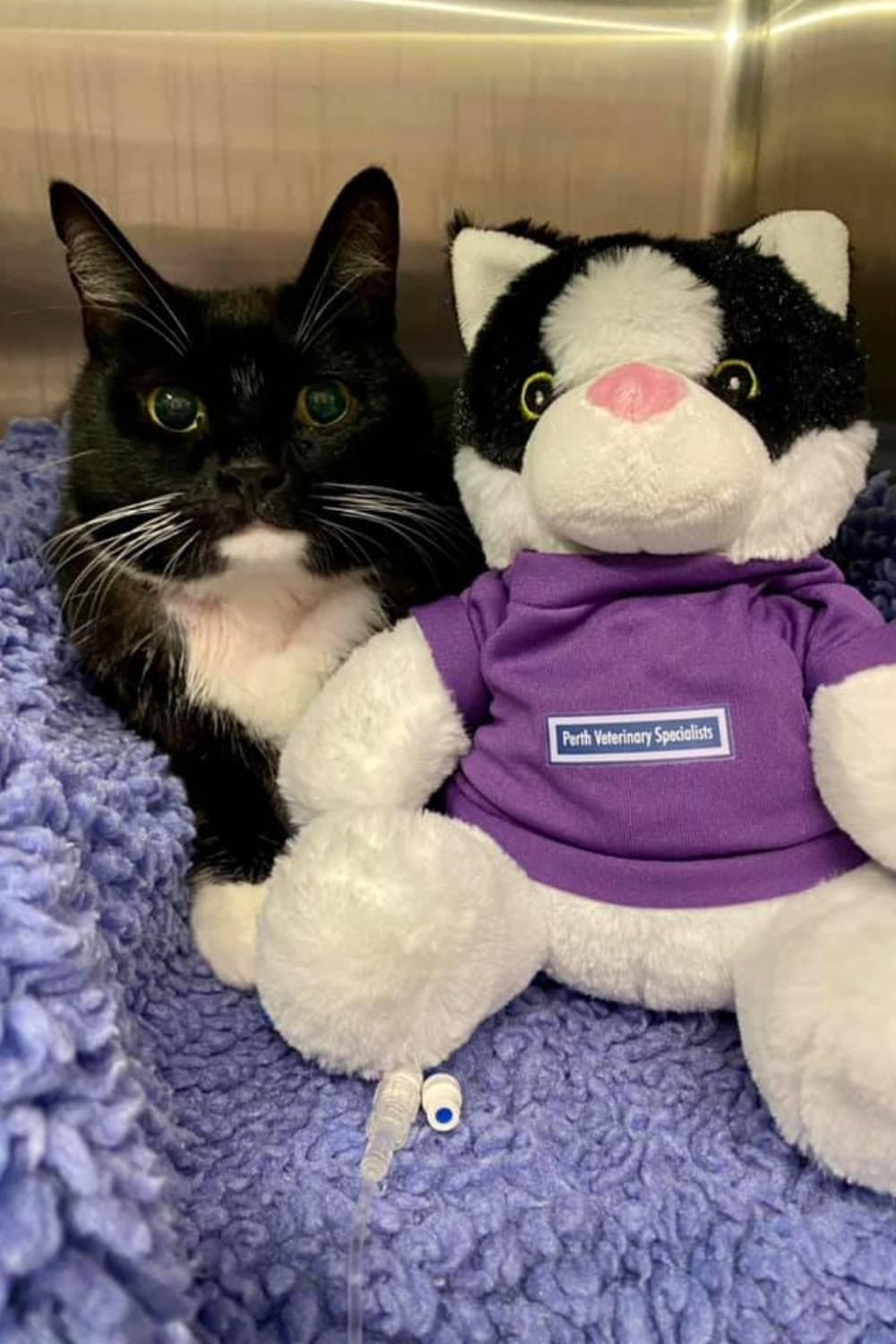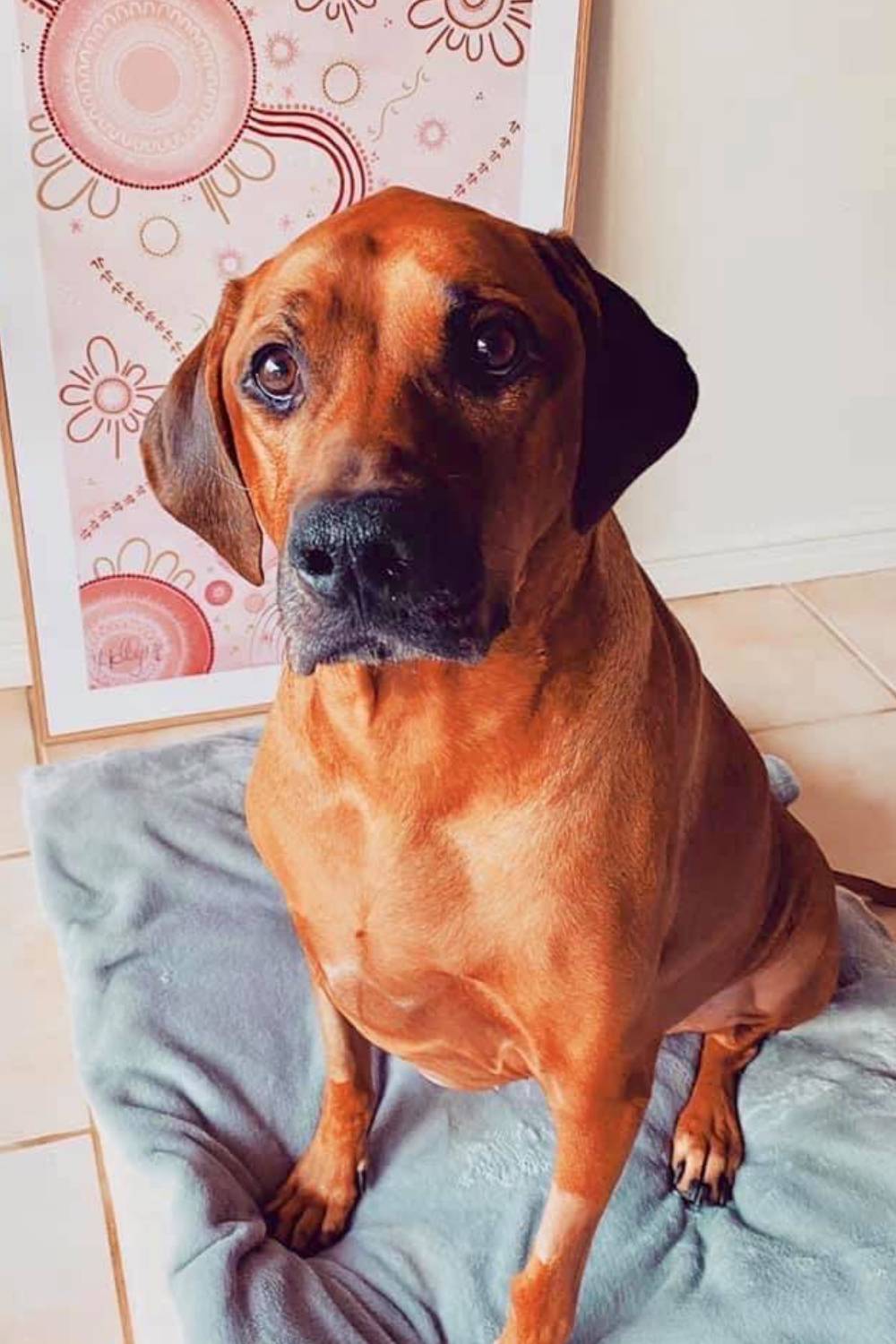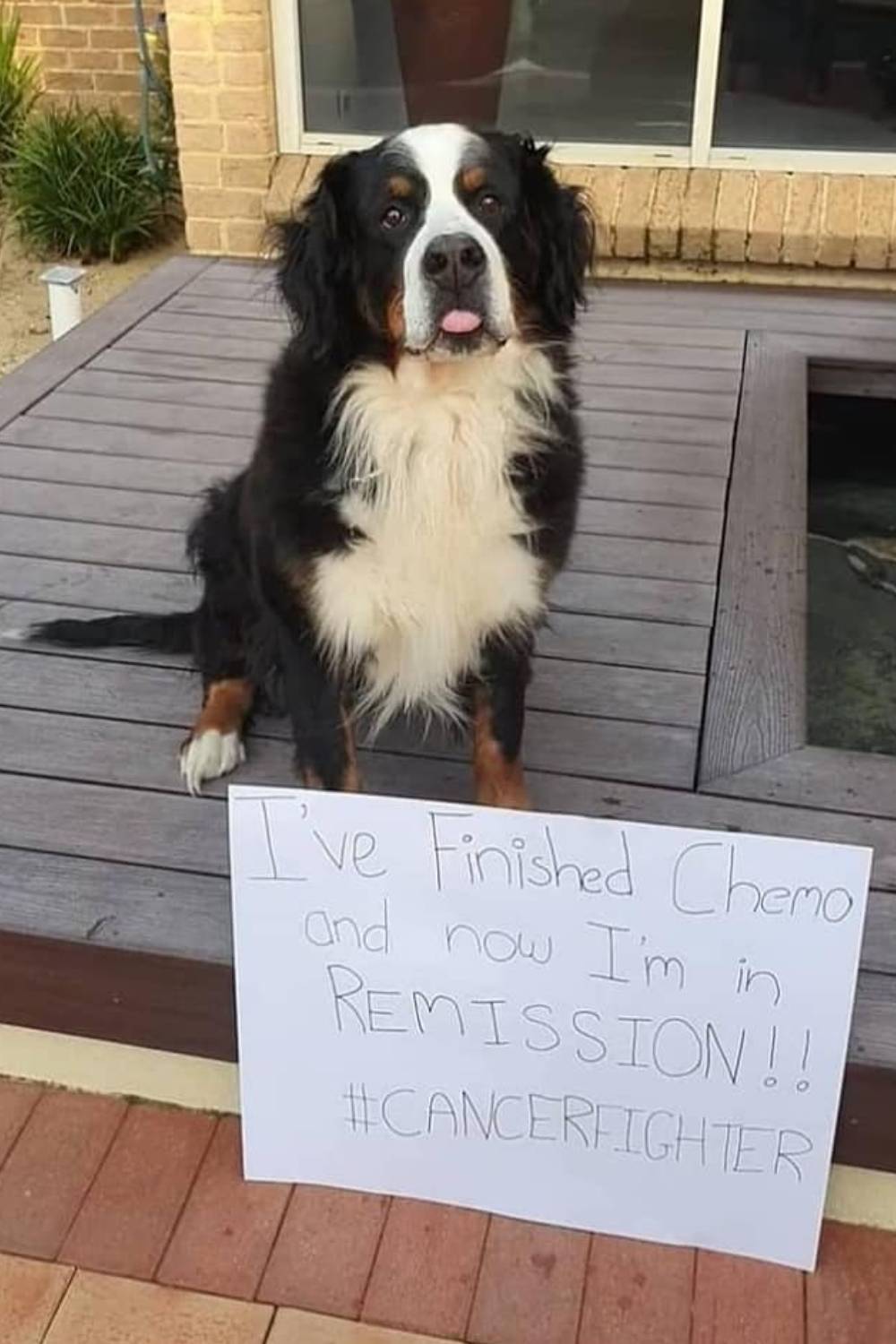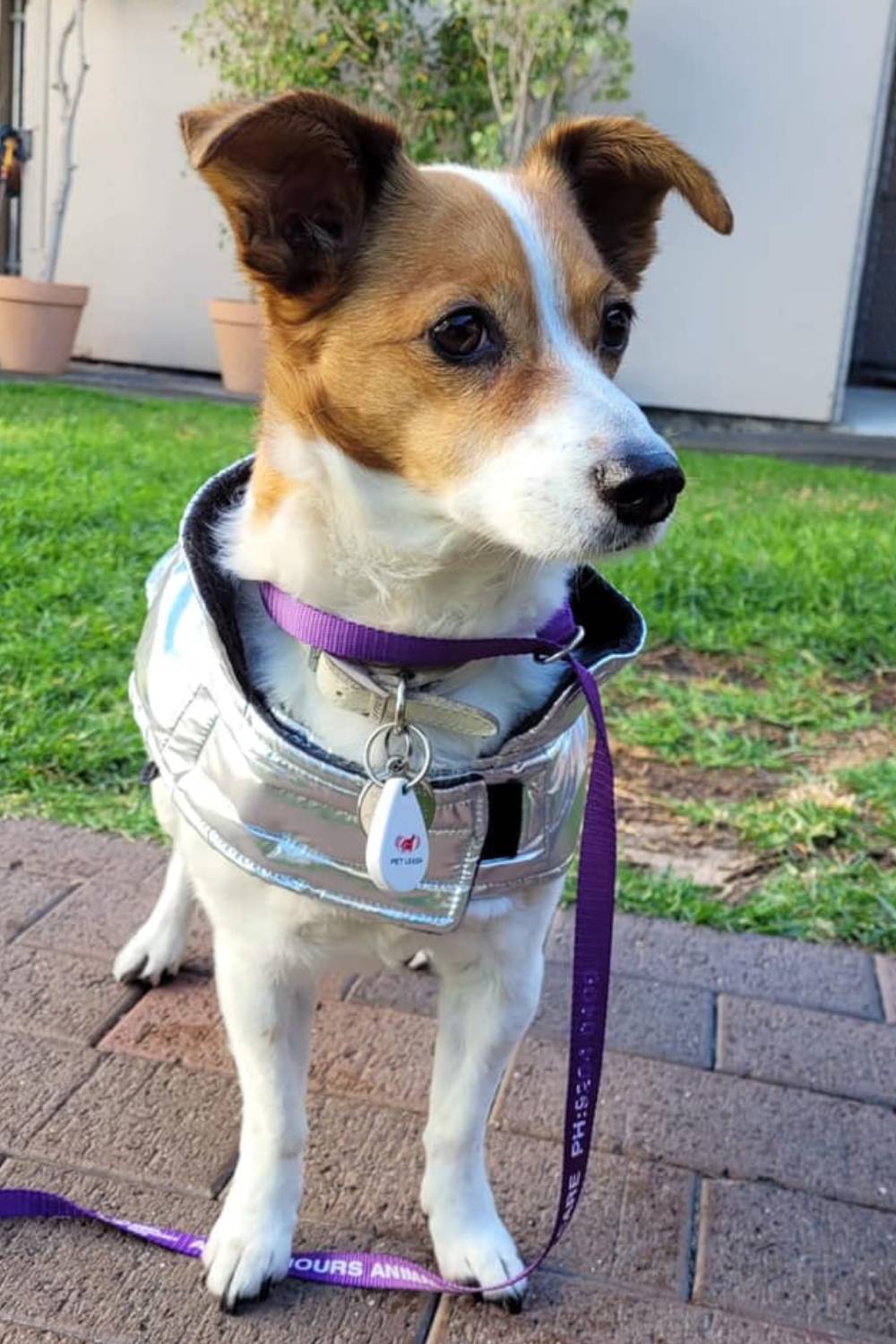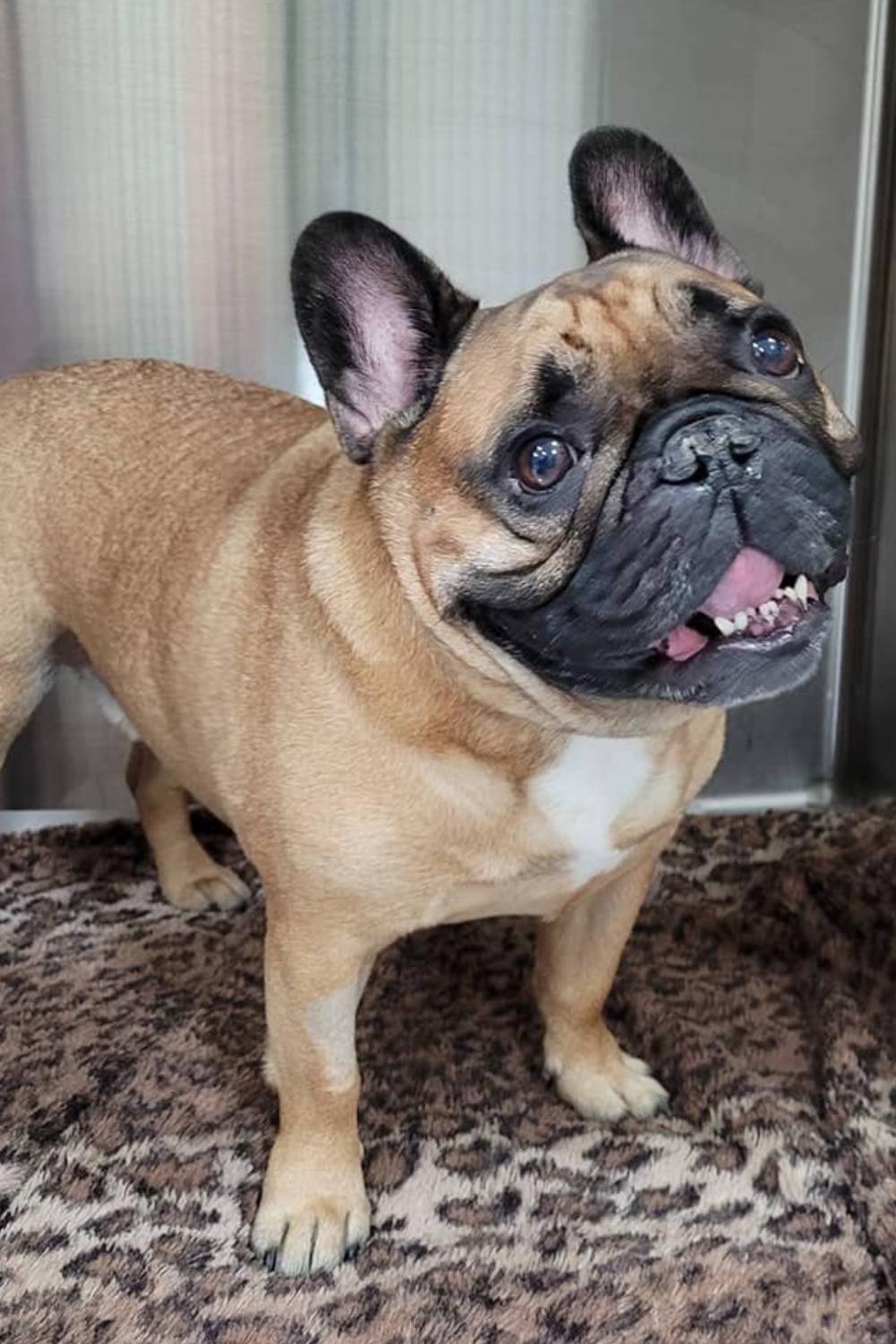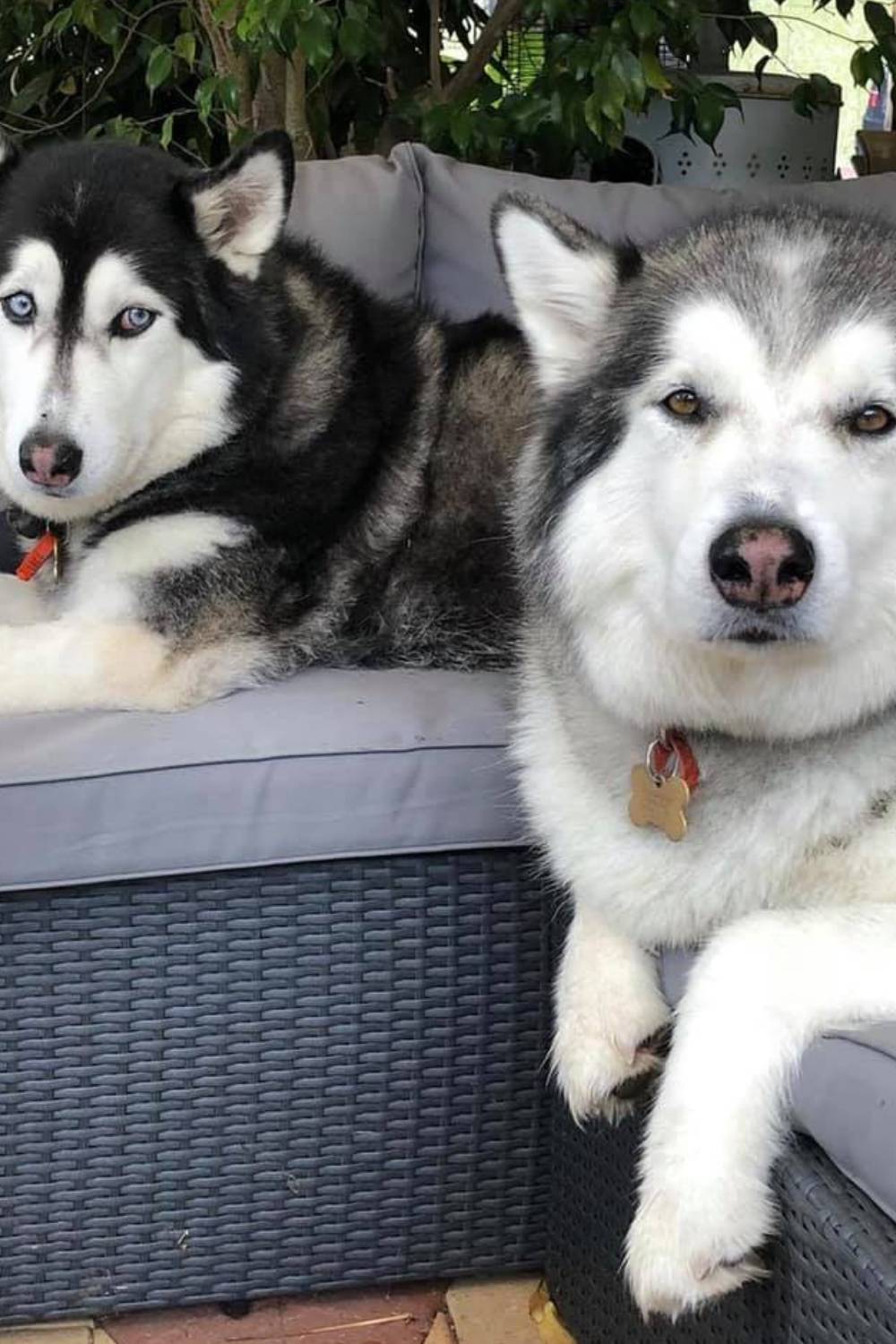Emergency Vet & After Hours
Perth Veterinary Specialists offers an after-hours animal service providing emergency and intensive care to small animals. Our emergency service provides vet care when you need it most.
Staffed by our experienced vets and registered nurses our emergency service integrates closely with the day-time specialist practices.
Please call 08 9204 0400 for our Emergency Department opening hours.
Common Emergency Vet Conditions
No need to make an appointment, all walk-ins and referrals are welcome. Upon arrival our patients are seen in order of urgency. We will provide a rapid assessment of all emergency cases and provide stabilisation, monitoring, and critical care/resuscitation if required.
Please Note: Animal Emergency Care does not offer routine general practice service such as vaccinations, dentals, and desexings or sell food or merchandise.
Some of the common conditions that present to our Emergency team:
- Abdominal distension (swelling/bloating): Especially when hard to the touch with unsuccessful attempts to vomit
- Abnormal gum colour: White/blue/yellow/red
- Acute deterioration: Of an existing medical condition. Any abnormal behaviour that you’re worried about (e.g., acting aloof or particularly clingy)
- Bleeding: Severe or continues for more than 5 minutes, blood from eyes, ears, mouth, nose, or rectum, blood in urine, faeces, or vomit.
- Breathing difficulties: Choking, gagging, something stuck in the throat, increased breathing effort, no breathing
- Broken bones (or suspected broken bones)
- Coughing: Constant and unable to settle, especially if associated with increased breathing rate, effort or history of heart disease
- Diarrhoea or vomiting: That lasts more than 24 hours
- Disorientation: Suddenly begins bumping into things
- Extremes of temperature: Heatstroke or hypothermia signs
- Eye injuries: Ulcers, foreign bodies or glaucoma and other eye irritations
- Ingestion (or suspected ingestion) of toxic substances or foreign materials that may cause obstruction
- Loss of mobility: Collapse, sudden inability to walk or stand, unable to balance, extreme lethargy
- Seizures: Especially prolonged, multiple, or non-terminating
- Severe allergic reaction/Anaphylaxis: Facial/throat swelling, collapse, white gums, hives
- Signs of severe pain: Crying, shaking, sudden withdrawal/aggression
- Snakebite: Collapse followed by seeming recovery, witnessed bite, blood in urine, progressive paralysis (DO NOT attempt to catch snake or bring it in)
- Trauma: Hit by car, dog attack, fall from height, penetrating injury etc
- Tremoring (involuntary): Unconsciousness (cannot be woken)
- Urination problems: Straining or inability to release bladder contents (especially male cats)
- Whelping: With more than 4 hours between delivery of puppies or kittens

Arrival
No appointment is necessary if your pet becomes ill out of hours. When you arrive at our emergency animal hospital, you will be met by our experienced, friendly receptionist who will assess your pet’s status. If your pet is critically ill he or she will be taken immediately to the treatment room and stabilised. If your pet is stable on arrival, you will be asked to complete a form with your details before being taken to a consultation room to await the vet on duty.
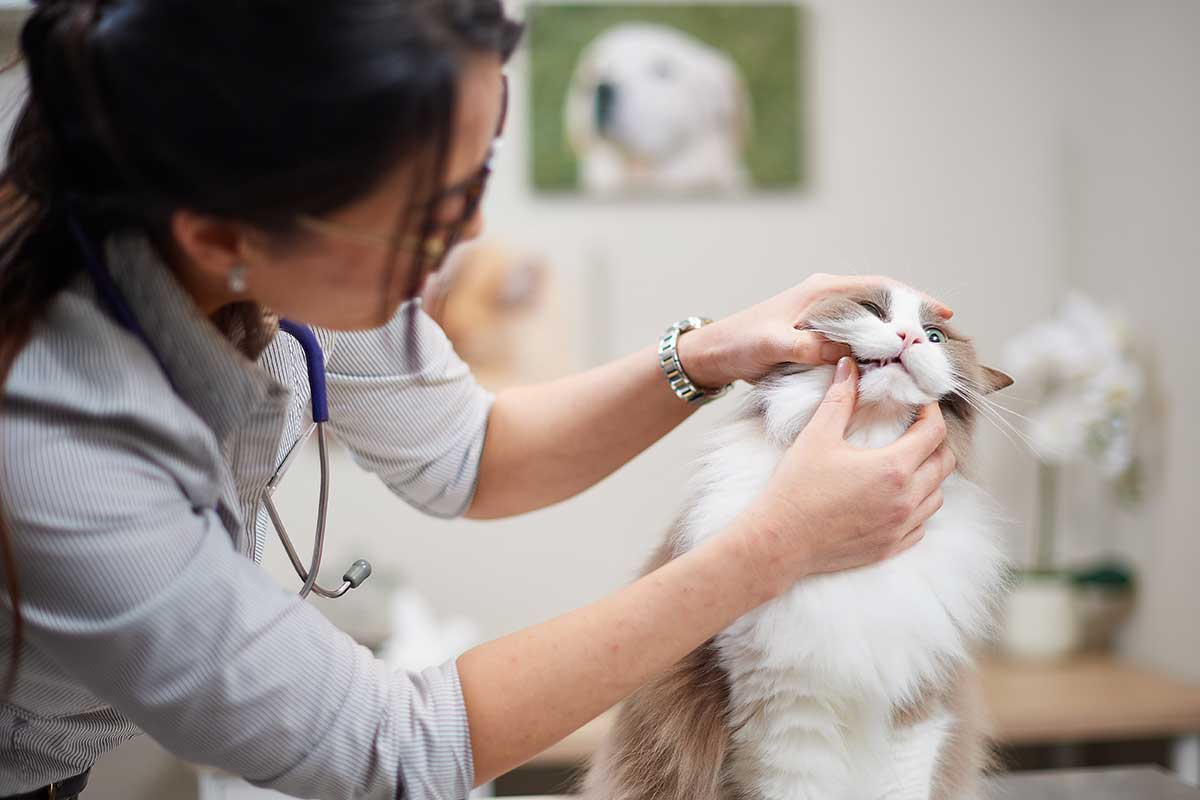
Consultation
The veterinarian will perform a thorough physical examination and recommend either outpatient treatment to be followed up with your local veterinarian, or hospitalisation with the appropriate treatment and diagnostic tests. The veterinarian will discuss all this with you. Please ask any questions about the pet’s condition and treatment as it is very important to us that you feel comfortable with our proposed treatment.
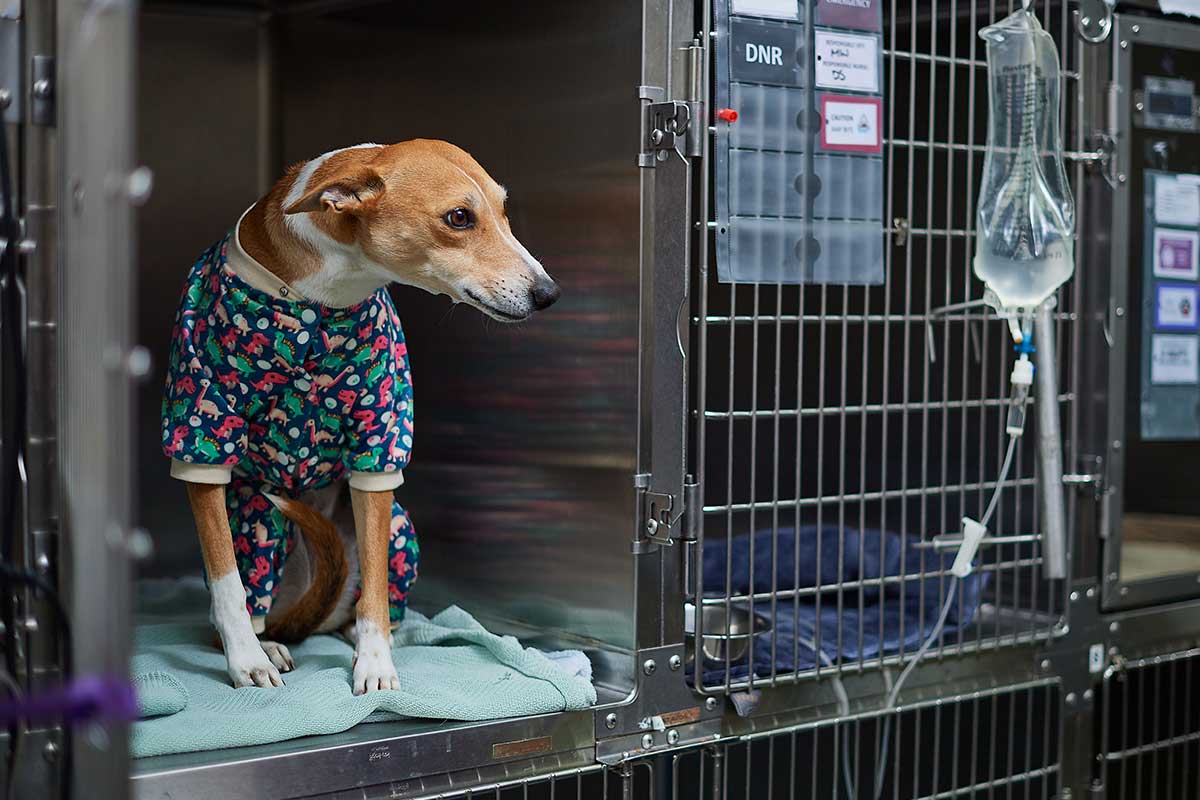
Hospitalisation
Should your pet require hospitalisation he or she will receive round the clock monitoring and treatment. Animal Emergency Service’s dedicated team, together with our medical equipment and facilities, provide the best possible care for your pet.
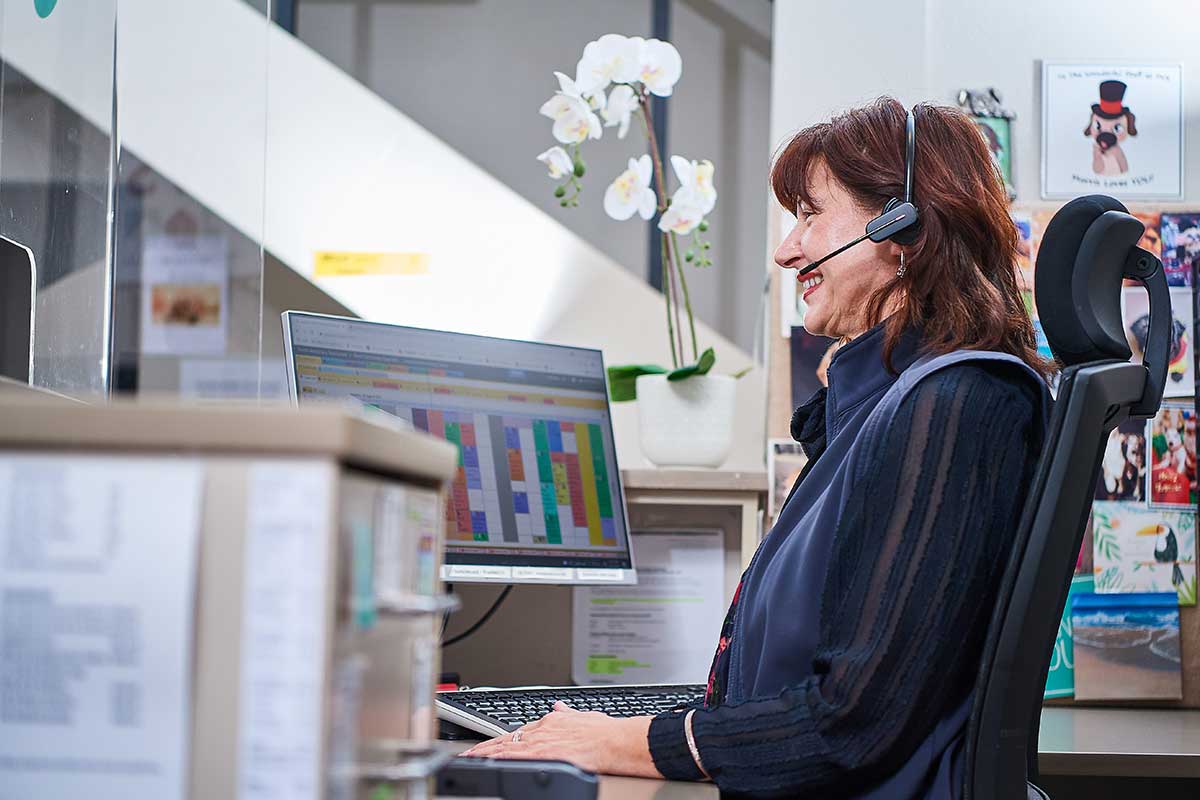
Communication
While your pet is in our emergency vet hospital we welcome you to phone for an update on how your pet is progressing. We will always contact you if there is any change to the treatment necessary for your pet or any change in their condition.
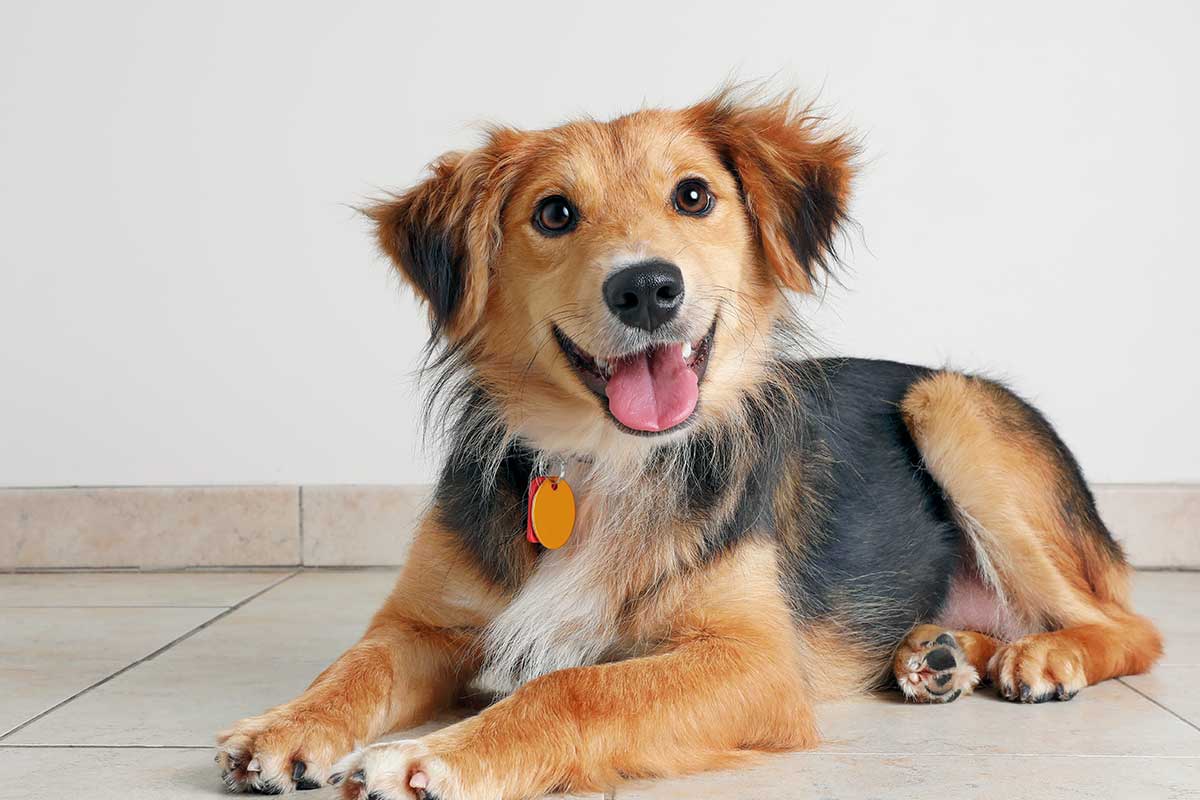
Discharge
A discharge time will be discussed with you by about friendly team of staff.
If your pet requires ongoing hospitalisation we will discuss this with you so treatment can be continued by your own veterinarian. If you don’t have a local vet we can make recommendations. A report on your pet’s treatment is given to you and a copy forwarded to your vet.

Payment
Payment is required in full on discharge and can be made by cash, credit card, Afterpay, GapOnly or EFTPOS. We do not accept cheques.

